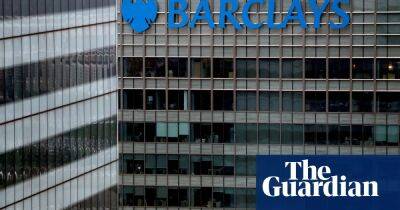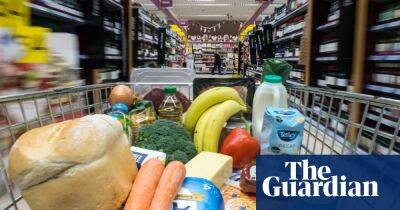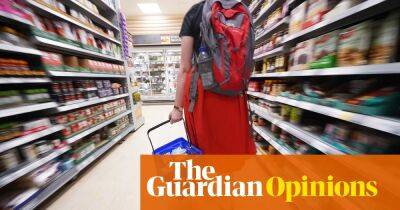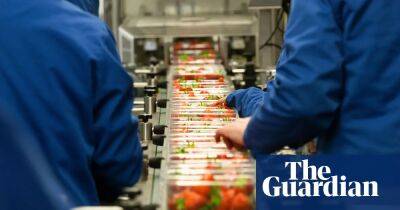Britain has an obesity crisis. We won’t solve it until we start listening to ‘nanny’
B ritain’s system for producing and distributing the food we eat is not working. Last week, we learned that UK food prices rose an astonishing 19.1% in the year to March. Yes, they are rising everywhere, but faster in Britain – over 2022, 40% higher than in the EU. There are frequent shortages of key products. Two million people used food banks last year. British consumers eat more cheaper, fatty food than other Europeans. As a result, nearly one in three is now classified as obese, the highest in Europe besides Malta and Turkey. Five million people are estimated to be at risk of contracting type 2 diabetes, with all the risks that entails.
Every malfunction of British capitalism and the British state has combined in a perfect storm, fuelled by the way the laissez-faire consensus – inflamed by the rightwing media – frames our understanding of society. We are unhealthier, at greater risk of dying early and facing a deeper cost of living crisis than our peers in the EU. People should be as angry as hell. This, rather than the small boats influx, should be at the heart of our national conversation.
Food inflation will start to fall in the months ahead – world food price inflation peaked in October – but the structural weaknesses will remain. The fall will be slower than elsewhere, not least because Brexit has imposed a layer of additional costs on household food bills – an average of £210 per household over the two years to 2021, estimate LSE researchers. Imports from the EU constitute around a third of our food supply: it is now more time-consuming and expensive to navigate newly imposed border controls when importing EU foodstuffs than it used to be; some smaller European suppliers have simply abandoned supplying the UK
Read more on theguardian.com
















